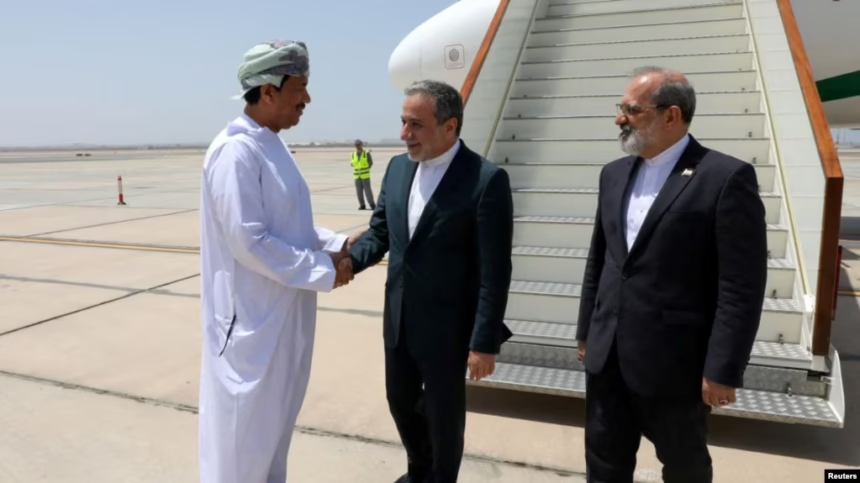The fourth round of nuclear negotiations between Iran and the United States concluded on Sunday in Muscat, with Tehran signaling a potential next round to be arranged by Omani mediators.
Iran’s Foreign Ministry spokesperson, Esmail Baqaei, described the talks as “difficult but useful”, emphasizing that they helped both sides better understand each other’s positions and explore realistic solutions to bridge their differences.
No official comment has yet been issued by the White House or the U.S. State Department, but U.S. special envoy for the Middle East, Steve Witkoff, had previously stated that the outcome of the Oman discussions could determine whether diplomacy proceeds or collapses.
“The U.S. stance is clear: no uranium enrichment,” Witkoff declared in an interview prior to the talks, underlining that Iran must dismantle its nuclear infrastructure—including facilities in Natanz, Fordow, and Isfahan.
Iran’s lead negotiator, Foreign Minister Abbas Araqchi, firmly rejected this condition, stating that uranium enrichment is “non-negotiable.”
“If the purpose of the negotiations is to ensure that Iran does not possess nuclear weapons, then a deal is possible,” said Araqchi.
“But if the goal is to deny Iran its right to nuclear energy, then we will not back down from any of our sovereign rights.”
U.S. President Donald Trump reiterated earlier this month that military options remain on the table should diplomatic efforts fail. He hinted that Israel might participate in potential strikes on Iran’s nuclear sites.
In response, Iran has vowed retaliation and showcased its military readiness in recent weeks, including unveiling a new missile system and a submarine drone base.







